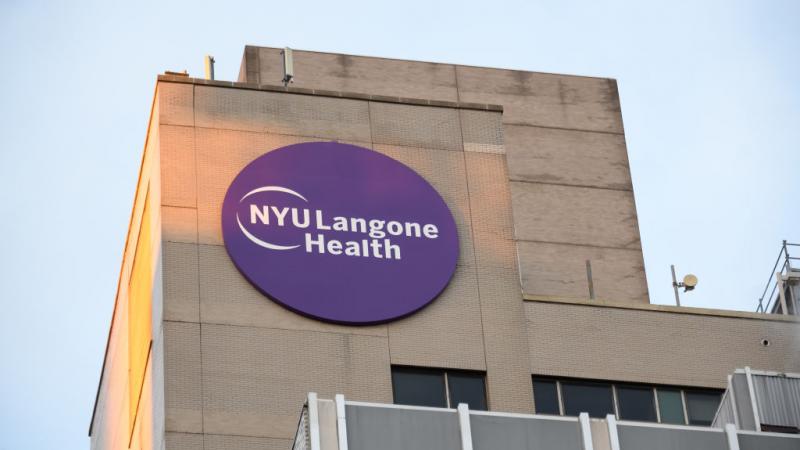GOP lawmakers raise concerns about WHO's Pandemic Preparedness Treaty, US involvement in agency
In calling for the U.S. to end its membership in and financing of the WHO, the Sovereignty Coalition has issued a Declaration of their concerns and a call for action.
The World Health Organization, widely considered the most powerful health authority in the world, is pursuing a Pandemic Preparedness Treaty that critics say could make the organization even more powerful and jeopardize U.S. sovereignty.
The United Nations-affiliated WHO says the draft treaty – or "zero draft" – is designed to protect the world from future pandemics and last December announced that member states "agreed to develop the first draft of such as a legally binding agreement."
However, the group says the agreement also "respects sovereignty."
Among the critics’ concerns is the treaty, if agreed upon by member nations, would give the WHO more international influence, amid arguments the agency allowed China to conceal information about the origins of the COVID-19 pandemic, though the WHO, in turn, has accused China of withholding the information.
They also say a ratified treaty would give the WHO authority over pandemic-related vaccines, lockdowns, school closures and more and could lead the agency to pursue the full adaptation of a so-called Digital Health Certificates, which could put medical records for people around the world into a central database.
Such concerns took center stage last week in Washington.
Sixteen members of Congress including GOP Reps. Andy Biggs, of Arizona; Ralph Norman, of South Carolina; and Chip Roy, of Texas, joined with the Sovereignty Coalition on Capitol Hill to urge the U.S. to withdraw from the World Health Organization.
The non-partisan group's top stated mission is to "ensure that the United States no longer underwrites, participates in or is subject to the World Health Organization" and to create an alternative group to better deal with another pandemic.
In September 2020, the Trump administration formally notified the United Nations the United States would withdraw from the WHO, arguing the agency failed to quickly alert the world when the virus emerged and that it helped China cover up the global threat the virus posed.
President Joe Biden upon taking the White House rescinded that notification and announced plans to stay in the organization.
The Sovereignty Coalition includes 55 organizations including the Center for Security Policy, Liberty Counsel Action, Act for America, Eagle Forum, Global Covid Summit and Women’s Rights Without Frontiers.
The coalition also argues the WHO, now led by Director-General Dr. Tedros Ghebreyesus, is a "supranational agency that is effectively controlled by the Chinese Communist Party," and that the United States must end its membership in the agency and cease funding it.
It also warns, in a declaration on the matter, the WHO ultimately plans to take "authority over every aspect of life, under the guise of a potential public health emergency."
Member nations met again in February to further work on the Pandemic Preparedness Treaty draft, but no date has been set to vote on the matter.
Supporters of the plan say many of the assumptions are incorrect.
The Associated Press in a February 24 fact-check report states the treaty is voluntary and does not overrule any nation’s ability to pass individual pandemic-related policies.
The report, which cites multiple experts, including one involved in the draft process, also states the treaty lays out broad recommendations related to international cooperation on pandemic prevention, preparedness and response but that the 30-page document does not mention lockdowns, closures or specific citizen surveillance systems.
"These claims are utterly false,” said Lawrence Gostin, a Georgetown University law professor and director of the university’s WHO Collaborating Center on National and Global Health Law who has also been involved in the treaty’s draft process.
“The United States retains sovereignty to set its own domestic public health policies,” he also said.















